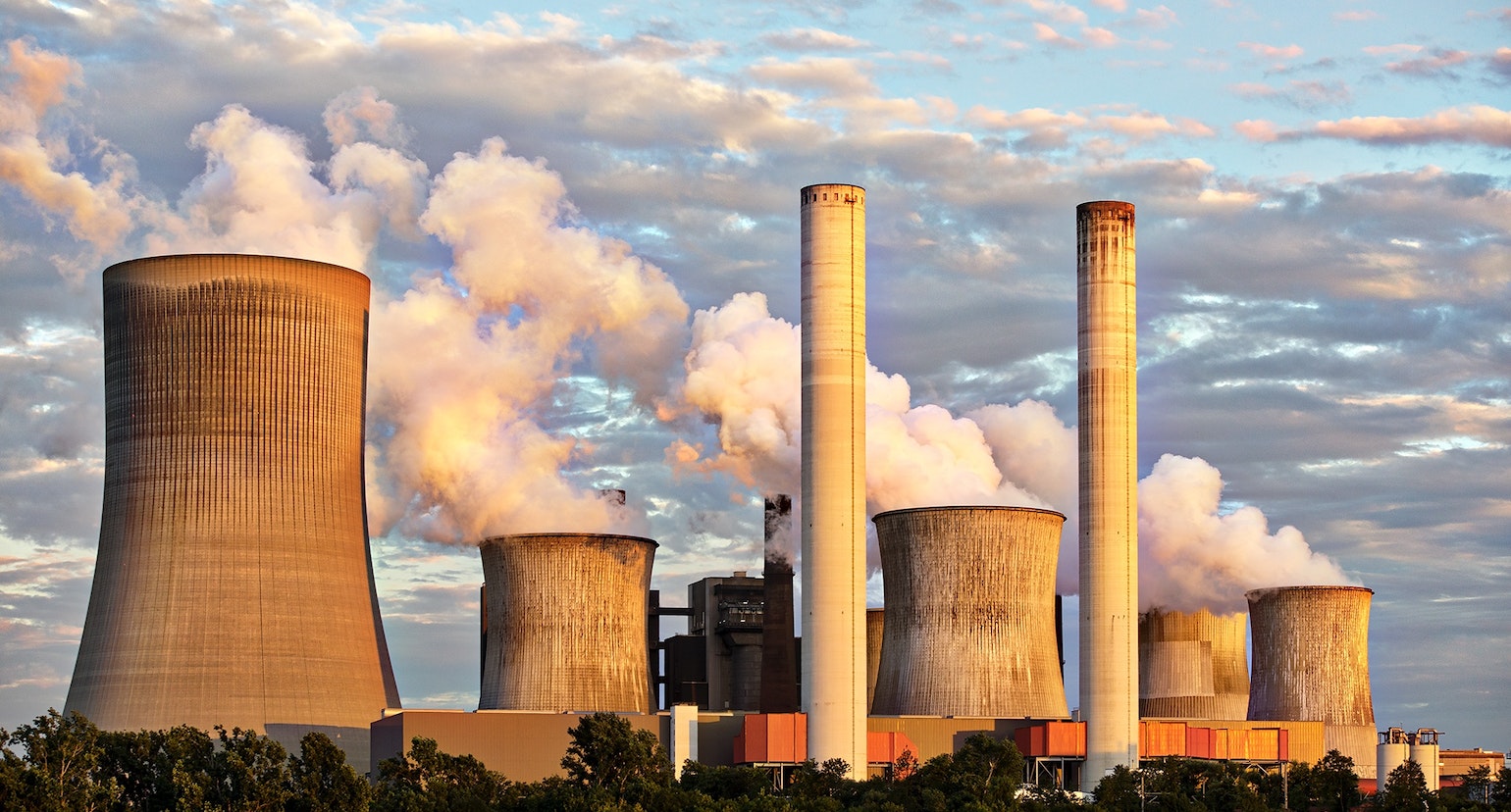Gina Rinehart, Australia’s wealthiest individual and a prominent figure in the mining industry, has added her voice to the chorus advocating for a transformation in Australia’s energy landscape. Addressing the audience at the “Bush Summit” gathering in Perth, Rinehart expressed her firm belief that nuclear power presents a more efficient and pragmatic alternative for Australia’s energy mix. This call for change comes at a crucial juncture, with increasing conversations around the nation’s energy transition and sustainability goals.
A Plea for Efficient Energy Solutions
Rinehart’s appeal for nuclear power centers on its perceived efficiency and practicality, challenging the status quo dominated by renewable energy sources like wind and solar. During her speech, she highlighted the potential drawbacks of wind generators and vast solar panel arrays that might disrupt farming communities and landscapes. Rinehart urged the country to explore clean and secure nuclear energy as a viable option, underscoring the need to weigh the benefits and drawbacks thoroughly.
Economic Concerns and Potential Ramifications
Addressing the cost implications of proposed net zero policies, Rinehart expressed concerns about the financial burden on farmers. The expenses tied to implementing initiatives like solar panels and electric vehicles could potentially squeeze farmers out of their livelihoods. This, in turn, could lead to escalated prices of produce in supermarkets and, in the worst-case scenario, result in food shortages. Rinehart’s perspective spotlights the complex interplay between energy policy decisions, economic sustainability, and food security.
Support from Federal Coalition and Policy Advocates
Rinehart’s stance aligns with a growing movement within Australia’s political landscape. The Federal coalition, a major opposition party, has emerged as a vocal advocate for integrating nuclear power into the nation’s energy matrix. The push for nuclear energy has elevated to the level of a significant policy statement for the coalition. Ted O’Brien, the Shadow Minister for Climate Change and Energy, has been a key advocate for this cause, rallying support through the “Time To Talk Nuclear” social media campaign.
O’Brien’s arguments emphasise Australia’s need to remain competitive on the global stage by considering nuclear energy seriously. The coalition posits that nuclear power could offer a cleaner energy alternative to address the imperative of reducing carbon dioxide emissions. The potential to replace the country’s substantial coal-fired power plants further underscores the coalition’s contention.
Australia’s Uranium Resources and Policy Constraints
Australia holds the distinction of boasting the world’s largest economically demonstrated uranium resources. As the world’s third-largest uranium producer, the country possesses a substantial asset base in this field. However, despite its abundant uranium reserves, Australia currently lacks a concrete plan to develop a domestic nuclear power industry due to regulatory and policy restrictions.
Alternative Vision: Small Modular Reactors and Policy Reconsideration
Opposition leader Peter Dutton has also lent his support to the nuclear power movement. Dutton has proposed a vision wherein small modular reactors could potentially be installed on the sites of aging coal-fired power plants. This strategy taps into existing transmission systems along Australia’s east coast, presenting an innovative approach to the energy transition.
The growing momentum surrounding nuclear power has ignited discussions about reevaluating the nation’s current stance. Advocates are calling for a renewed gathering of political parties to reassess existing policies and open up dialogues on Australia’s energy future.
Navigating Complex Energy Choices
Gina Rinehart’s impassioned advocacy for nuclear power is emblematic of the intricate energy choices that countries like Australia are grappling with. As the nation seeks to strike a balance between energy security, economic sustainability, and environmental responsibility, the discourse around nuclear power serves as a testament to the multifaceted considerations that must guide policy decisions. The convergence of voices from business leaders, political figures, and industry experts underscores the significance of finding a holistic and strategic path forward in Australia’s energy journey.












